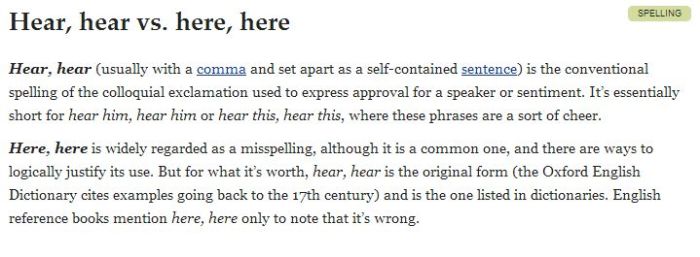Oh god I don’t know if I’m the only one who is going crazy with all the “an historic…”(s) being thrown around…
Here is a quick explanation for the usage:
Quoting from the OED:
“There is still some divergence of opinion over the form of the indefinite article to use preceding certain words beginning with h- when the first syllable is unstressed: ‘a historical document’ or ‘an historical document’; ‘a hotel’ or ‘an hotel’. The form depends on whether the initial h is sounded or not: an was common in the 18th and 19th centuries, because the initial h was commonly not pronounced for these words. In standard modern English the norm is for the h to be pronounced in words like hotel and historical, and therefore, the indefinite article a is used; however, the older form, with the silent h and the indefinite article an, is still encountered, especially among older speakers.”
There are rare cases in American English where the ‘h’ is silent, like the word ‘honorary’. In that case, it would be appropriate to say ‘I received an honorary degree.’ But in most other cases, like historical and homeless, we would say, ‘I gave charity to a homeless man today’ or ‘Digging a hole also builds a hill.’ Saying these with ‘an’ instead of ‘a’ indicates how silly it sounds.
In most cases, like with the word ‘historic,’ we pronounce the ‘h.’








You must be logged in to post a comment.